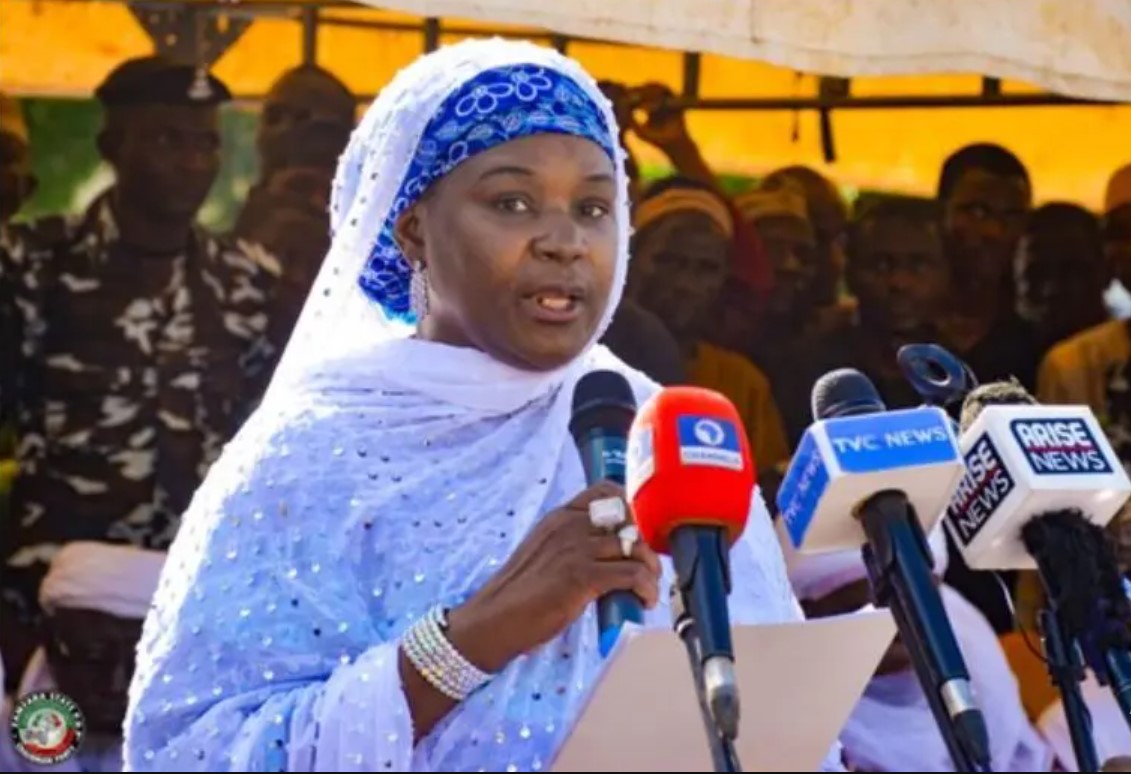
85 Percent Of Nigerian Children Suffer Violent Discipline In Schools – UNICEF
- Education
- No Comment
- 322
The United Nations Children’s Fund, UNICEF, has said 85 percent of Nigerian children suffer violent discipline in schools.
UNICEF said children between the ages of 1 and 14 experience violent discipline in schools.
The Chief of Education, at UNICEF, Saadhna Panday-Soobrayan, said nearly 1 in 3 children experience severe physical punishment.
Panday-Soobrayan disclosed this on Tuesday in Abuja, at a two-day National Awareness Creation Meeting on Ending Corporal Punishment in schools, organised by the Teachers Registration Council of Nigeria, TRCN, in collaboration with UNICEF.
The UNICEF Chief described the discussion on ending corporal punishment in schools as “difficult and heartbreaking.”
He, however, said the presence of participants at the meeting was a testament to Nigeria’s determination to uphold every child’s right to safety, well-being and quality, inclusive education.
Panday-Soobrayan said: “Yesterday we confronted the harrowing reality that 85% of children between the ages of 1 and 14 in Nigeria experience violent discipline, with nearly 1 in 3 children experiencing severe physical punishment. This is a staggering statistic, one that demands urgent action and is indicative of a crisis!
“Much of this violent discipline takes place in the form of corporal punishment in the very institutions that are entrusted to keep children safe, develop respect for human rights and prepare them for life in a society that promotes understanding peace, and conflict resolution through dialogue,” she said.
According to her, the persistence of these practices contradicts Nigeria’s National Policy on Safety, Security and Violence-Free Schools, which commits to zero-tolerance of any threat to the security of life and property in schools.
Panday-Soobrayan also noted that the practice is “stalling Nigeria’s progress toward SDG 3 to ensure good health and well-being, SDG 4 on equitable and inclusive quality education and target 16.2 (to end abuse, exploitation, trafficking and all forms of violence against and torture of children).”
While noting the impact of corporal punishment on children is devastating, she said children are left with both physical and psychological wounds.
She further stated that “physical punishment causes not only pain, sadness, fear, shame, and anger but is also linked with children’s hyper-reactivity to stress, changes in brain structure and function, and overloaded nervous, cardiovascular, and nutritional systems. Spanking, just like more severe abuse, is linked to atypical brain function.”
“The damage is not only acute, affecting their learning in the current moment, but also chronic. A large body of research links physical punishment with long-term disability or death; mental ill-health; impaired cognitive and socio-emotional development; school dropout and poorer academic and occupational outcomes; increased antisocial behaviour, aggression, and criminal behaviour in adulthood; and damaged relationships through its intergenerational transmission.”
By Seun Opejobi
https://dailypost.ng/2022/08/02/85-percent-of-nigerian-children-suffer-violent-discipline-in-schools-unicef/





